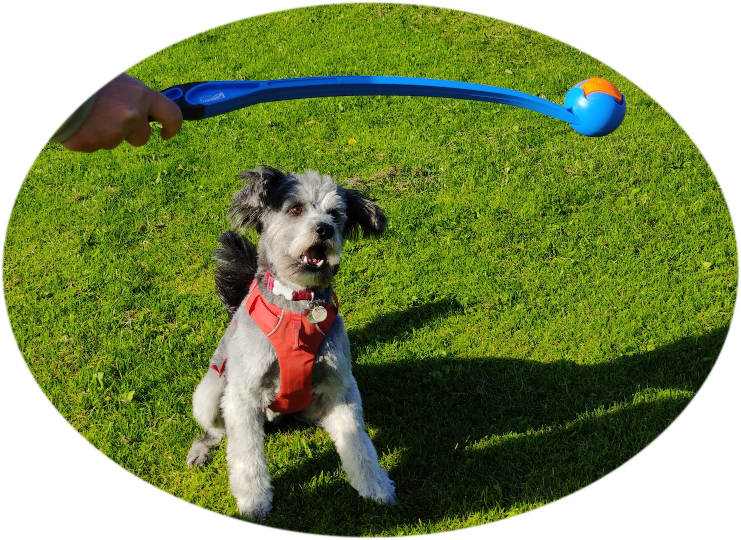Love, Memory, Truth and Trust

1 October 2020. My wife bought a ball thrower for our dog. On day 2 of ownership, I uncontrollably threw the ball behind me. It’s been a decade or two since I sent a ball into someone’s garden. I was too embarrassed to go and ask for its return. I had only just crossed the road into the park. My dog had been barking excitedly and wanted to play. I had to get home for another ball.

The man who had helped me to cross the road into the park was still there. Did I tell the truth I was ashamed of, or did I think of another reason I was immediately returning? I did not want him to think I was wasting his time deliberately.
My memory issues have taught me that it’s best to stick to the simple truth rather than try to remember embellished versions later. The worst that can happen is that others get my stories repeatedly, but the commentary remains consistent, and I remain believable.
One simple version of the truth is easier to hold on to. I still remember things badly, but my wife can fill most gaps. I sometimes realise that I am remembering things others have told me about. It may not be a personal first-hand memory of events.
I don’t always know the difference myself because they can all seem like first-hand memory after a while, especially after having told the story to others. This is particularly true of events during the early stages of recovery in hospital. Imagined or real? Memory is a strange thing. It is profoundly disturbing when you can’t trust yourself.
I told him the truth.
After a second visit to the park the man who had first helped me was still there. He put hand in pocket and pulled out my ball! Apparently, the householder had popped out and he had asked them about my ball. Without my honesty this would never have happened. A friend recently told me a similar event involving a person collecting something different from a garden. When the owner saw them, he overwhelmed them with generosity. They left with a bunch of flowers. No cross words were said.
These might be minor events but the good demonstrated by those who could have been rightly annoyed, improved the mindset of the transgressor.
It may be a tad harsh to describe either transgression as evil per se but the power of kindness in response to negative behaviour is amazing. In far more extreme circumstances, the Bible tells us we should even show generosity to those we call enemy.
“But love your enemies, do good to them, and lend to them without expecting to get anything back. Then your reward will be great, and you will be sons of the Most High, because he is kind to the ungrateful and wicked.” (Luke 6:35)
Turning enemies into friends promotes the best future for all. One of my heroes Rev Martin Luther King Jr said, “Love is the only force capable of transforming an enemy into a friend.” He experienced the evil of others personally and his own family were threatened in an attempt to move him on. His enemies could see peaceful actions having influence.
MLK remined focussed on a better integrated future for all. “I have a dream … where little black boys and black girls will be able to join hands with little white boys and white girls and walk together as sisters and brothers.” His powerful response to major injustice is awe inspiring.
My challenges. Trust God with the future. Endeavor to remember to be truthful. Be honest and tell people if you can’t remember. Show loving kindness to all, always. In truth, this is easier said than done, particularly when you feel life seems to be against you.